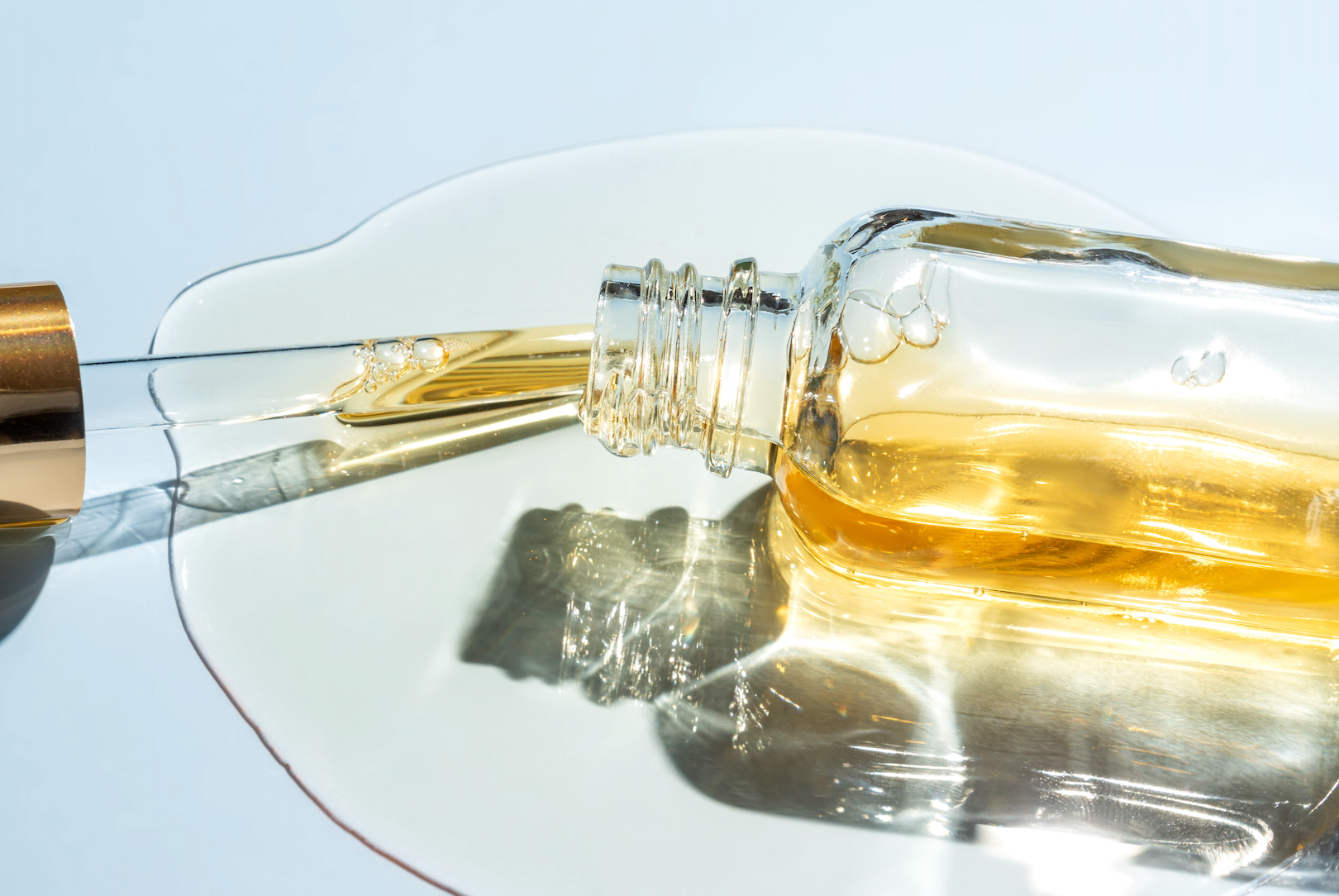As you’re already aware, retinol and retinoids have gained significant popularity in the skincare industry for its remarkable ability to reduce the appearance of fine lines, wrinkles, and other signs of aging (more on that here). However, many individuals with sensitive skin often find themselves wondering if a reaction is one of the retinol side effects. In this blog post, we’ll discuss why this happens and chat about one of the best retinol alternatives.
Why Is Irritation One of the Retinol Side Effects?
Retinol, a derivative of vitamin A, works by increasing cell turnover and stimulating collagen production in the skin. While these effects can bring about positive changes, the potency of retinol can sometimes lead to skin irritation, particularly for those with sensitive skin. Here are a few reasons why retinol may cause skin irritation:
| Barrier Disruption | Synthetic retinol's exfoliating properties can disrupt the skin's natural barrier function. This can lead to increased sensitivity, redness, dryness, and flakiness |
| pH Imbalance | The pH level of retinol products is typically low, which can further compromise the skin's barrier function and contribute to irritation |
| Initial Adjustment Period | When introducing retinol to your skincare routine, it is common to experience an adjustment period where the skin may react negatively. This reaction, often referred to as "retinization" or “retinol burn,” can manifest as redness, peeling, and dryness |
| Increased Sun Sensitivity | Retinol can make your skin more vulnerable to the sun's harmful UV rays, increasing the risk of sunburn and further irritation |
How Long Does Retinol Burn Last?
This burning sensation and subsequent irritation can be quite uncomfortable, leaving many individuals wondering “how long does retinol burn last?” While the duration of retinol burn can vary from person to person, it typically subsides within a few weeks as your skin adjusts to the product.
Introducing Tri-RetinX: A Gentle and Effective Alternative
Here at Rejuvaskin, we understand your sensitive skin concerns and that you desire the anti-aging benefits of retinol without the unwanted side effects. That's why we developed Tri-RetinX, a gentle alternative that delivers the same effective results with minimized irritation.
Our Tri-RetinX blend combines three botanical, retinoid alternatives: bakuchiol, sea fennel, and HPR. This synergistic blend provides a milder approach to skin rejuvenation that doesn’t compromise on efficacy.
Find the Tri-RetinX Complex & other skin-friendly ingredients in our Rejuvaskin Dermacosmetics line!
Product |
Benefits |
Key Ingredients |
| Retinoid Face Serum |
Botanical extracts, gentle retinoids, and nourishing superfoods work to promote collagen production & smooth your complexion
|
|
| Retinoid Eye Cream |
A lighter dose of our gentle retinoids & plenty of moisturizers make this cream specifically targeted to the eye area, helping
|
|
| ReVita-D Moisturizer |
Seal in the effects of the eye cream & face serum, or use the sandwich method to further prevent retinoid irritation with this luxurious gel cream moisturizer packed with antioxidants
|
|
How Do I Add Retinoids to My Routine Without the Burn?
First and foremost, make sure your product isn’t too harsh. Try our Dermacosmetics Bundle for an all-in one solution that you can use after cleansing. After this first tip, make sure you’re doing the following.
- If you know your skin is sensitive, try applying your moisturizer before your retinol products. This can help “soften the blow,” so to speak, to your skin.
- Avoid the sensitive areas of your face with your full-blown retinol cream (around the nose and under the eyes). This is why we have a separate Retinoid Eye Cream.
- Start out by using your retinol product once every three days instead of every day.
- As your skin acclimates to the product, gradually increase to once a day.
Above all, if you have sensitive skin, treat it with respect and care; choose high-quality products made with botanicals and all-natural ingredients. To find out more about our gentle retinol-alternative products, check out our Dermacosmetics information page.





















Leave a comment